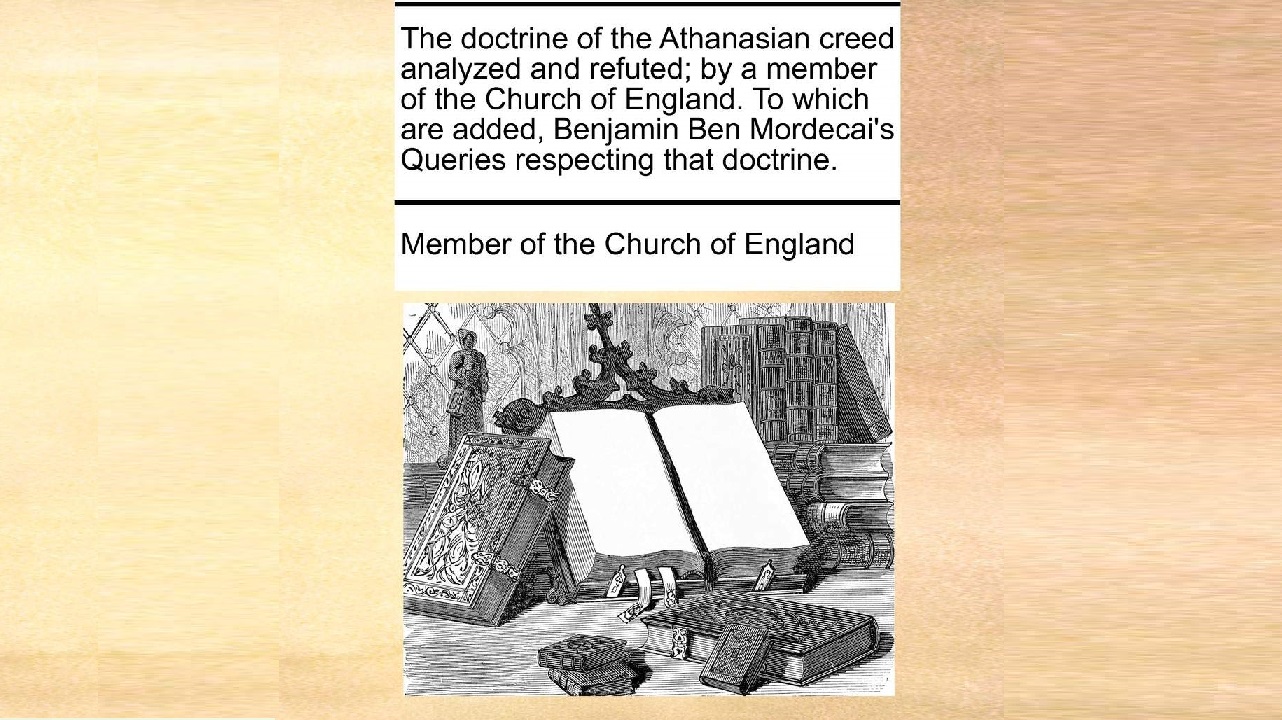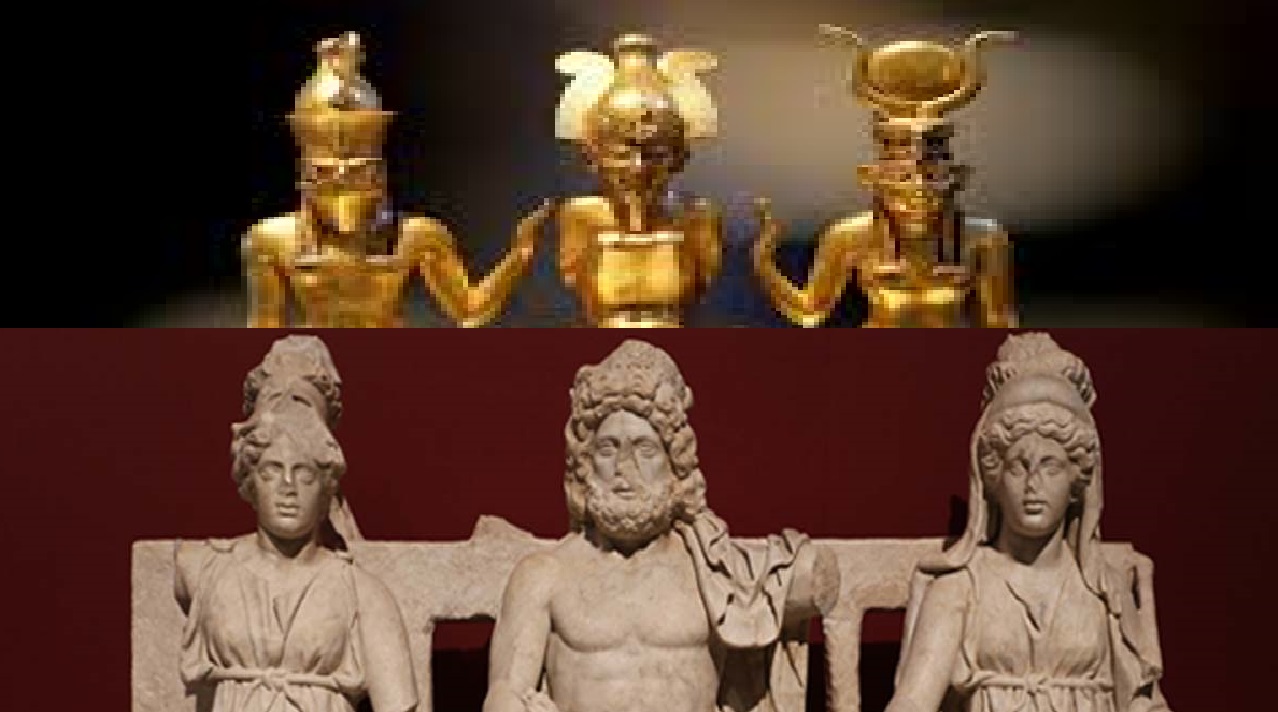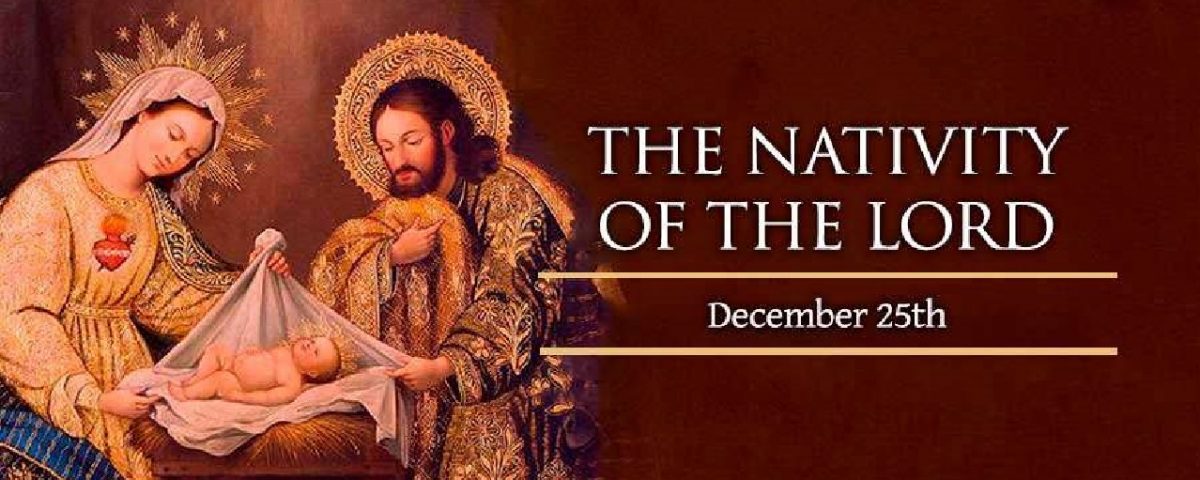
The Doctrine of the Athanasian Creed Analyzed and Refuted
October 15, 2020
The Number 3
November 17, 2020December 25

The NT teaches that the Christian is not under any obligation to observe/keep any day for religious purposes!
Rom 14.5a
“Some think that Christians should consider one day more holy than another.”
If that’s not clear throughout his letters Paul, the former “zealous-torah-observant Pharisee,” even compares the keeping of the Sabbath with paganism! That is, “the spiritual forces/elements” of this present evil age, see Col 2 and Gal 4.
This explains why early Christians did not keep exact dates for Jesus’ virgin birth or his death/resurrection.
New Schaff-Herzog Encyclopedia says there’s “no sufficient data” to support Dec. 25 as the virgin birth. As a matter of fact, “there’s no historical evidence that our Lord’s birthday was celebrated during the apostolic or early postapostolic times.”
Hence, this uncertainty spawned various theories and dates for the virgin birth.
Furthermore, according to the Benson Commentary:
“The birth of Christ has been placed in every month of the year” except December, i.e., the winter solstice!
Some of the earliest dates recorded include:
- Jan. by Christians in Egypt.
- Apr. May, June or even July by some early so-called CFs like Clement of Alexandria and Epiphanius.
The fact is that the only hint of a season, not a date, comes to us from the Gospels and other early Jewish-Christian sources.
According to Luke 2.8 Jesus was born at night, while “shepherds stayed out in the fields keeping watch over their flock.”
Ellicot’s Commentary notes that this is “the season at which the grass is greenest…just before the Passover. You can confirm this with Mark 6:39; John 6:10 who record that during the feeding of the 5k, during the Passover festival, people sat on “plenty of green grass.”
So how did we arrive at a different season, let alone Dec 25? Ellicot’s Commentary on Luke 2.8 adds that “The traditional season, which does not appear as such till the 4th century [may have been chosen] to displace the old [pagan Roman festival known as the] Saturnalia, which coincided with the winter solstice.”
